 Right at the very beginning of our journey at NCPQSW… An experience that we won’t forget…. Our recent attendance at the House of Commons Financial Scamming Event.
Right at the very beginning of our journey at NCPQSW… An experience that we won’t forget…. Our recent attendance at the House of Commons Financial Scamming Event.
by Caroline Jones and Stevie Corbin-Clarke
Stevie: As someone who was fresh out of university this June, I did not expect to be involved in such an amazing opportunity so early in my career. It was an experience that has inspired me to get involved in as many exciting opportunities like this in the future as I can.
Caroline: Having joined the research team as recently as August, it was a great way to get stuck into the role and see first-hand the amazing work that NCPQSW does.
 So, we were provided with the opportunity to assist our colleagues with running and organising an event about Cyber Scams and Financial Fraud at the House of Commons this September. Of course, we snapped up the offer to attend without having a second thought, especially because we were both very aware of the importance and the prevalence of the topic at hand in current times.
So, we were provided with the opportunity to assist our colleagues with running and organising an event about Cyber Scams and Financial Fraud at the House of Commons this September. Of course, we snapped up the offer to attend without having a second thought, especially because we were both very aware of the importance and the prevalence of the topic at hand in current times.
In the days leading up the event, everyone was rushed off their feet in preparation of creating information packs, ensuring everyone had RSVP’d and sorting out nearly 100 name badges. We spent the morning of the event in London getting ourselves prepared, setting up and having a nice spot of lunch, which we found as new staff members to be a very beneficial team building experience and certainly helped to settle the nerves!
During the event, it was amazing to see first-hand the impact that Professor Keith Brown, Professor Lee-Ann Fenge, Dr Sally Lee and the rest of the NCPQSW research team is having and how wide spread the attendance was. It successfully brought together everyday citizens with members of parliament and other influential people, providing a platform for those with real-life scamming experience to be heard as well. We were surrounded by incredible members of the public, that spoke about their personal struggles with scams as well as influential individuals from many organisations, such as Which? and Trading Standards.
 We felt fortunate to be able to listen to the key speakers, which included a representative from Age UK, a superintendent from the City of London and our very own Vice Chancellor Professor John Vinney. We also had the chance to hear from Conor Burns MP, who hosted the event. We certainly benefitted from listening to and getting involved in great conversations about protecting the vulnerable from scamming, as we moved around the room.
We felt fortunate to be able to listen to the key speakers, which included a representative from Age UK, a superintendent from the City of London and our very own Vice Chancellor Professor John Vinney. We also had the chance to hear from Conor Burns MP, who hosted the event. We certainly benefitted from listening to and getting involved in great conversations about protecting the vulnerable from scamming, as we moved around the room.
Despite some last minute technical glitches – and an archaic alarm bell that would not cease ringing in the middle of each speech – the event was a success.
After months of planning, we were so proud to see how it all came together. We felt honoured to be representing the NCPQSW team in such a wonderful setting, and are excited to find out about future events. We hope that there will be further opportunities to get involved with events like this, however The House of Commons will sure be a tough one to out do!
We used the whole day as an opportunity to really push the social media presence of NCPQSW, and we even created a hashtag: #BUScamsAware. Being in London was certainly a great opportunity to take photos for us post our Twitter account and keep our followers updated.
We shall leave you with some interesting facts to show the scale of financial scamming and how it is being tackled:
-16 billion has been seized from criminals in the last 5 years.
-Since Nov 2016, 1,900,000 items of scam mail have been intercepted by Royal Mail.
-Call blockers like True Call can be used to help protect the most vulnerable.
For further information, see our website:
http://www.ncpqsw.com/financial-scamming/
 Congratulations to BU’s Equality and Diversity Adviser James Palfreman-Kay whose application to HEFCE’s ‘Catalyst Fund: Tackling hate crime and online harassment on campus‘ has been successful. He is one of 40 academic recipients of funding at universities and colleges throughout England. Applications have been assessed by a panel of HEFCE staff and external experts from across relevant areas of knowledge particular to student safeguarding.
Congratulations to BU’s Equality and Diversity Adviser James Palfreman-Kay whose application to HEFCE’s ‘Catalyst Fund: Tackling hate crime and online harassment on campus‘ has been successful. He is one of 40 academic recipients of funding at universities and colleges throughout England. Applications have been assessed by a panel of HEFCE staff and external experts from across relevant areas of knowledge particular to student safeguarding.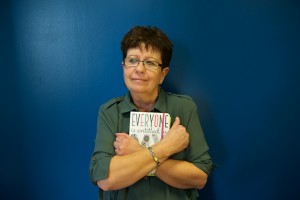 we were fortunate to be included in the programme for
we were fortunate to be included in the programme for 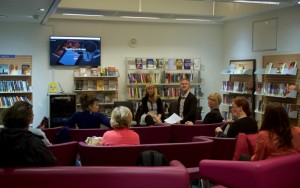 planned for December 15 in Brighton’s Media Centre. Here we will be featuring the stories we are producing based on photographs and audio recordings captured during the workshops. We will also be hearing from some of the storytellers from all three workshops (Bournemouth, Brighton and Sheffield) about their experiences of the workshops and how this opportunity has opened new doors for them.
planned for December 15 in Brighton’s Media Centre. Here we will be featuring the stories we are producing based on photographs and audio recordings captured during the workshops. We will also be hearing from some of the storytellers from all three workshops (Bournemouth, Brighton and Sheffield) about their experiences of the workshops and how this opportunity has opened new doors for them. Dr Caroline Ellis-Hill from the Centre for Qualitative Research
Dr Caroline Ellis-Hill from the Centre for Qualitative Research  Microscopic investigations of water samples from the half-barrel pond in Christchurch House courtyard have revealed a menagerie of single-celled life. These tiny organisms (smaller than one tenth of a millimetre) are incredibly important as they form the basis of food webs. They also play a major role in maintaining water quality as they feed on bacteria, and stalked species such as Vorticella (image) are responsible for their removal in waste-water treatment plants. The half-barrel “pond” may be almost as small as its inhabitants but it promises to become a treasure of local ‘hidden’ biodiversity!
Microscopic investigations of water samples from the half-barrel pond in Christchurch House courtyard have revealed a menagerie of single-celled life. These tiny organisms (smaller than one tenth of a millimetre) are incredibly important as they form the basis of food webs. They also play a major role in maintaining water quality as they feed on bacteria, and stalked species such as Vorticella (image) are responsible for their removal in waste-water treatment plants. The half-barrel “pond” may be almost as small as its inhabitants but it promises to become a treasure of local ‘hidden’ biodiversity!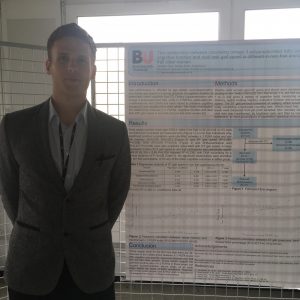 I was given the opportunity to present some preliminary results from an ongoing study I am conducting as part of my PhD, looking into the effects of a multi-nutrient omega-3 fatty acid supplement and exercise on mobility and cognitive function in ladies aged 60+. Analysis of the baseline data revealed relationships between levels of omega-3 fatty acids in the blood with cognitive and gait outcomes, however this effect differed between non-frail and pre-frail participants.
I was given the opportunity to present some preliminary results from an ongoing study I am conducting as part of my PhD, looking into the effects of a multi-nutrient omega-3 fatty acid supplement and exercise on mobility and cognitive function in ladies aged 60+. Analysis of the baseline data revealed relationships between levels of omega-3 fatty acids in the blood with cognitive and gait outcomes, however this effect differed between non-frail and pre-frail participants.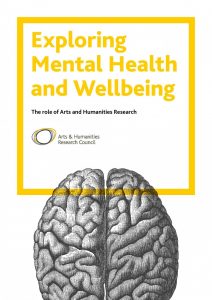 A new report,
A new report, 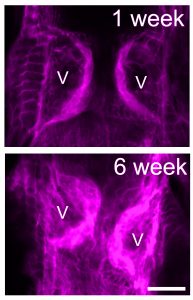 Research funded by the British Heart Foundation looking at tissue fibrosis (scarring), will soon be published in Experimental Gerontology, one the world’s leading journal on ageing. Fibrosis occurs naturally as part of our injury response process but also develops in ageing and chronic disease. Treatments are scant despite fibrosis leading to organ failure and increased risk of death.
Research funded by the British Heart Foundation looking at tissue fibrosis (scarring), will soon be published in Experimental Gerontology, one the world’s leading journal on ageing. Fibrosis occurs naturally as part of our injury response process but also develops in ageing and chronic disease. Treatments are scant despite fibrosis leading to organ failure and increased risk of death.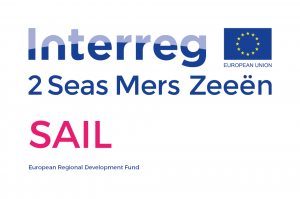
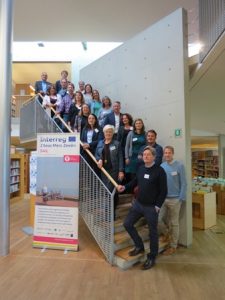
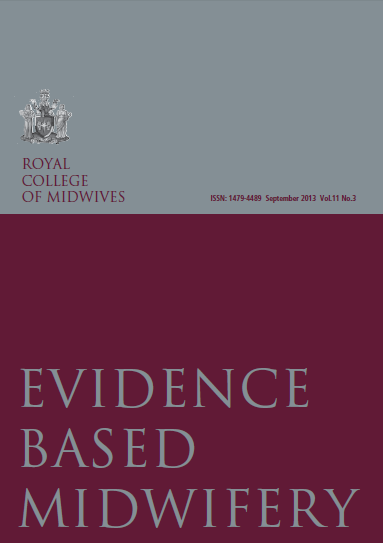

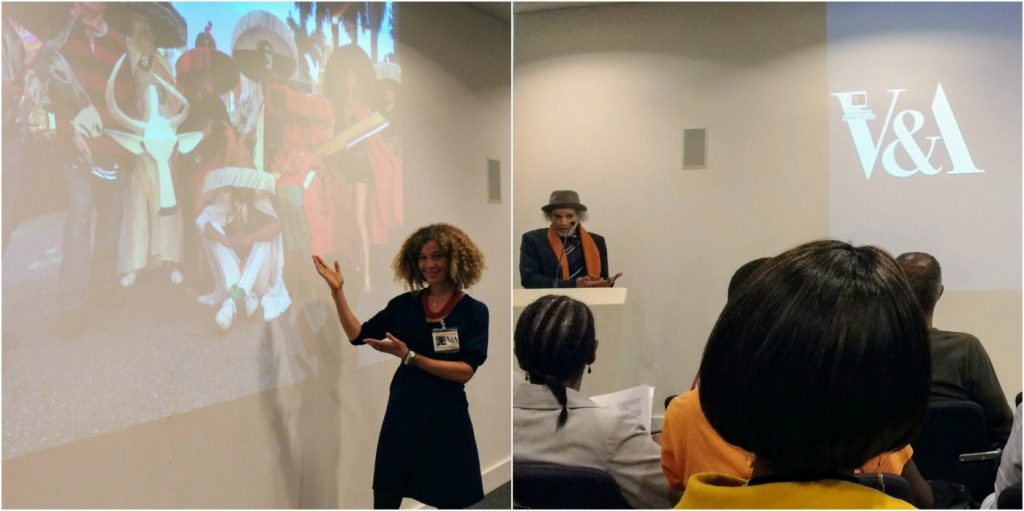

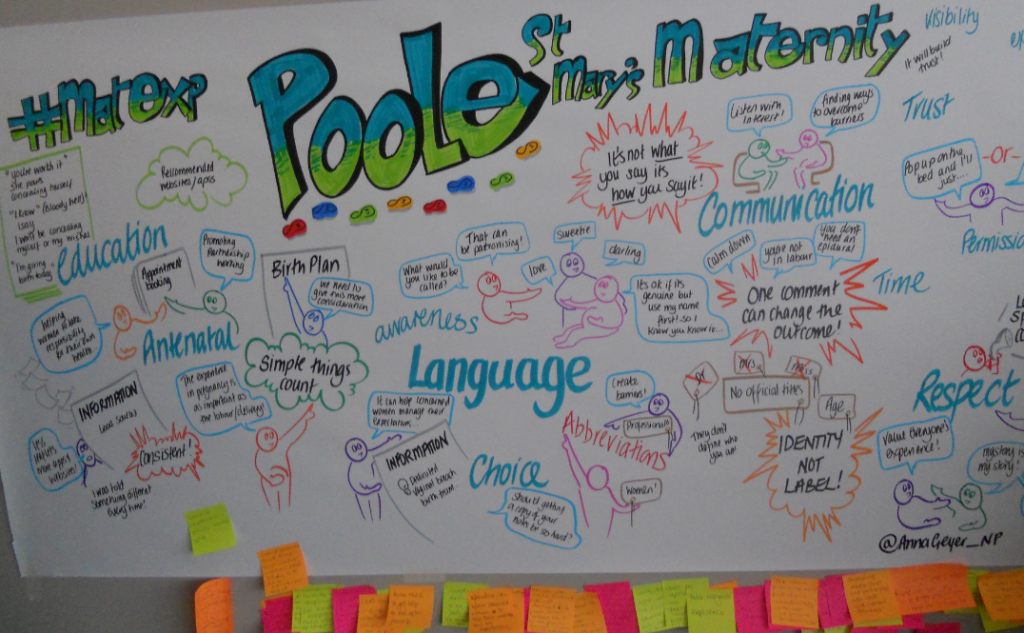
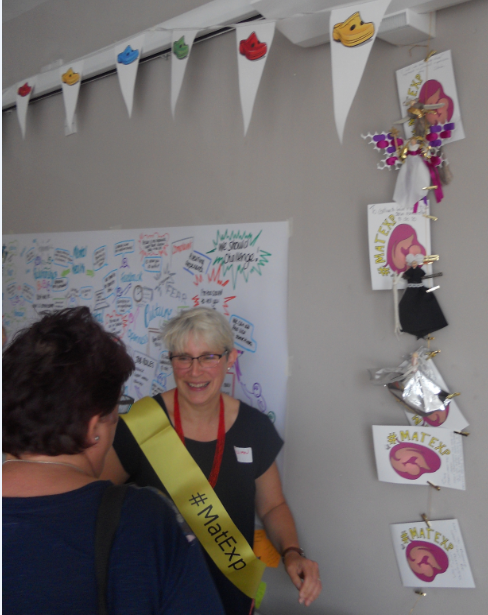




 Congratulations to Dominique Mylod, clinical doctoral student in the
Congratulations to Dominique Mylod, clinical doctoral student in the 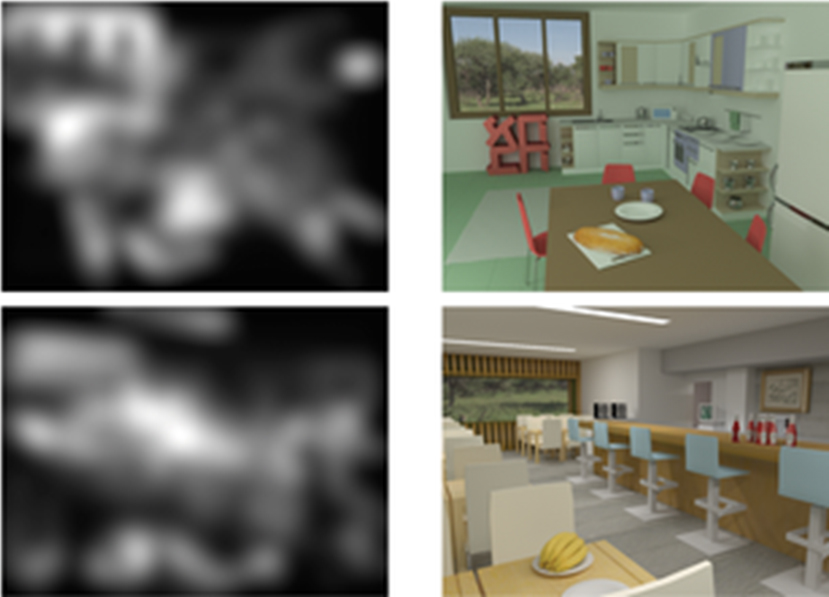













 New CMWH paper on maternity care
New CMWH paper on maternity care From Sustainable Research to Sustainable Research Lives: Reflections from the SPROUT Network Event
From Sustainable Research to Sustainable Research Lives: Reflections from the SPROUT Network Event REF Code of Practice consultation is open!
REF Code of Practice consultation is open! ECR Funding Open Call: Research Culture & Community Grant – Apply now
ECR Funding Open Call: Research Culture & Community Grant – Apply now ECR Funding Open Call: Research Culture & Community Grant – Application Deadline Friday 12 December
ECR Funding Open Call: Research Culture & Community Grant – Application Deadline Friday 12 December MSCA Postdoctoral Fellowships 2025 Call
MSCA Postdoctoral Fellowships 2025 Call ERC Advanced Grant 2025 Webinar
ERC Advanced Grant 2025 Webinar Update on UKRO services
Update on UKRO services European research project exploring use of ‘virtual twins’ to better manage metabolic associated fatty liver disease
European research project exploring use of ‘virtual twins’ to better manage metabolic associated fatty liver disease